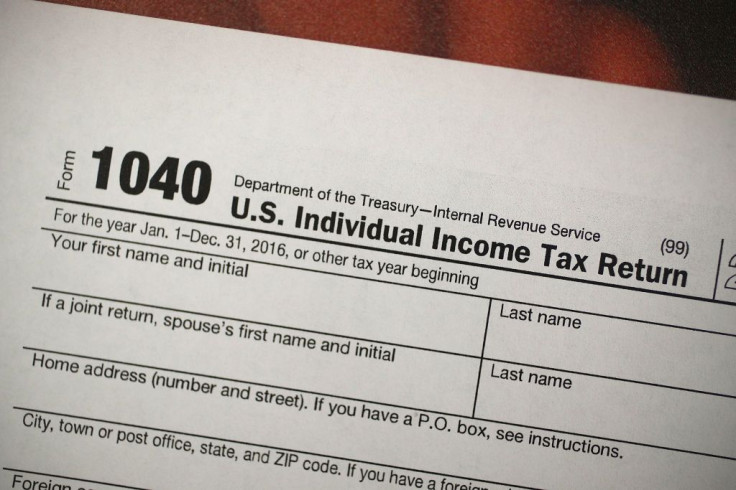
It is a typical scenario. Your neighbor refers to a tax preparer who helped him get a big tax refund. You go to the tax preparer. You tell him you're not great at keeping records. The tax preparer says not to worry, he'll estimate.
You get a big refund. You're thrilled. The tax preparer says because he helped you get such a big refund, he'll take 15 percent of it as part of his fee. You sign the return. You look at his signature line that only includes a business label. At least it's not blank, right? Wrong. Below are common signs your tax preparer is a fraud.
- Claims they are endorsed by the IRS – The Internal Revenue Service does not endorse tax preparers. It only recognizes certain credentials – certified public accountants (CPAs), enrolled agents or attorneys. They have unlimited representation rights before the IRS. Some states have additional standards for other tax preparers. For example, California requires unlicensed tax preparers to complete tax courses and register with the California Tax Education Council (CTEC).
- Doesn't have a PTIN — Anyone who prepares federal tax returns for a fee is required by the IRS to have an individual Preparer Tax Identification Number (PTIN) and include it on federal returns.
- Signs with a label or as "self-prepared" — Paid tax preparers are required to sign your returns. Beware it they sign it "self-prepared" or use a business label.
- Takes a percentage of your refund as payment — Beware of tax preparers who base their fee on a percentage of your refund or claim they can obtain larger refunds than competitors. The fee should be based on the complexity of your return, not your refund.
- Suggests you direct deposit your refund to an outside account — Questionable tax preparers may tell you it is more convenient; however, it is one of the most common ways scammers steal refunds. Your refund should always go directly to you.
© 2025 Latin Times. All rights reserved. Do not reproduce without permission.
Trending
Join the Discussion





